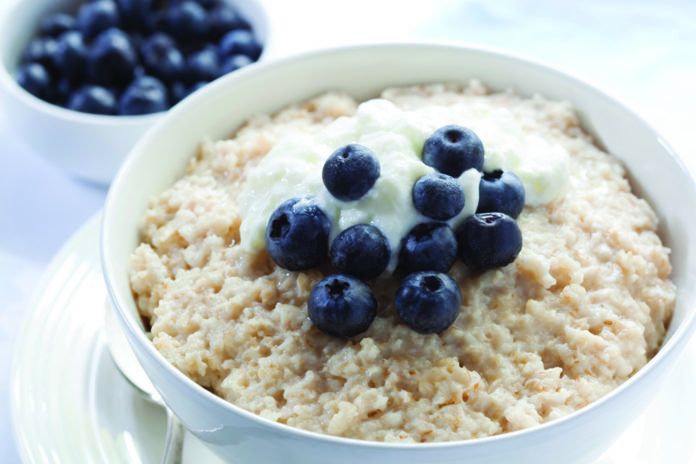If you’re trying to lose weight for your health, skipping meals may not be the way to go. A study published recently in the journal Public Health Nutrition found that skipping meals can cut calories, but may cut the intake of healthy foods, which could impact health negatively over time. The study analyzed data on over 23,000 U.S. adults from the National Health and Nutrition Examination Survey to determine if skipping breakfast or lunch increased the number of calories consumed in the next meal, changed the total daily energy (calorie) intake, or impacted the quality of food intake (and therefore nutrients consumed).
People who skipped breakfast consumed more calories at lunch, and people who skipped lunch ate more at dinner, but they still ate fewer total calories on days when they skipped meals. Although this lower calorie intake would lead to weight loss over time, skipping a meal had a negative effect on diet quality. Skipping breakfast or lunch caused people to fall short on intake of fruit, whole grains, and dairy. Skipping dinner reduced intake of vegetables and protein foods including seafood, dairy, and plant proteins like beans. Intake of sodium and refined grains went up on days when meals were skipped.
Keep in mind that, while weight loss is good for health, nourishing your body properly is at least as important.





















